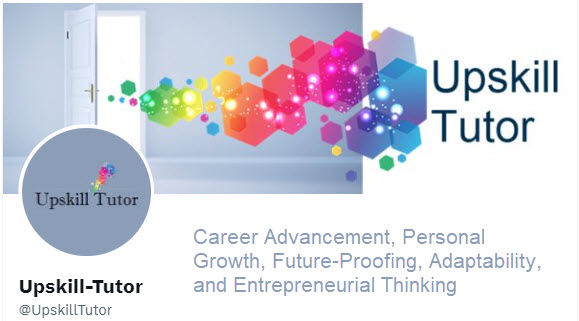Unveiling the Timeless Wisdom of Stephen Covey’s “The 7 Habits of Highly Effective People”
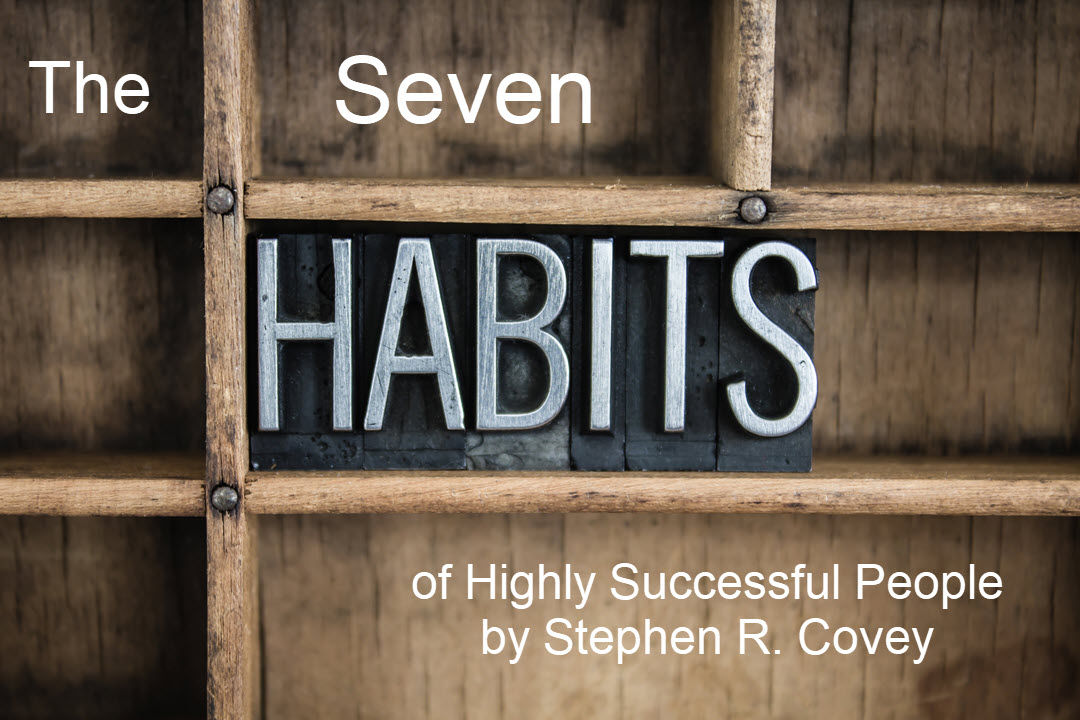
Author Stephen R. Covey
In personal development and leadership literature, few works have achieved enduring impact and widespread acclaim, such as Stephen Covey’s “The 7 Habits of Highly Effective People.” Published in 1989, this groundbreaking book has not only stood the test of time but continues to shape the lives of individuals and organizations worldwide.
(For Example, I have read it multiple times over the course of 4 decades.)
At the heart of Covey’s philosophy is that effectiveness is not merely about getting more things done but also aligning one’s actions with fundamental principles that lead to long-term success and fulfillment. The book is structured around seven habits, each representing a powerful principle that transforms individuals into highly effective people when integrated into daily life.
The first three habits focus on personal effectiveness, emphasizing the importance of self-mastery and a proactive mindset.
Habit 1: “Be Proactive” encourages readers to take responsibility for their lives, emphasizing the power of choice and the ability to shape one’s destiny. Covey argues that highly effective individuals don’t react to external circumstances; instead, they take initiative and make choices based on their values and principles.
Habit 2: “Begin with the End in Mind” underscores the significance of having a clear vision of what one wants to achieve in the long run. Covey encourages readers to create a personal mission statement, a guiding document that helps prioritize goals and make decisions aligned with one’s core values.
Habit 3: “Put First Things First” follows, focusing on time management and organizing activities based on priorities. Covey introduces the concept of the Time Management Matrix, which categorizes tasks into four quadrants, emphasizing the need to spend more time on important but not necessarily urgent activities.
Moving from personal effectiveness to interpersonal effectiveness, habits four through six delve into the realm of relationships and collaboration.
Habit 4: “Think Win-Win” advocates for a mindset of mutual benefit and cooperation in relationships, emphasizing the belief that success is not a zero-sum game.
Habit 5, “Seek First to Understand Then to Be Understood,” stresses the importance of empathetic communication. Covey argues that effective communication requires first listening to others with the intent to understand, fostering trust, and building stronger relationships.
Habit 6: “Synergize” explores the concept of creative cooperation, where the whole is greater than the sum of its parts. Covey encourages individuals to leverage the strengths and perspectives of others, fostering a culture of collaboration and innovation.
Habit 7: “Sharpen the Saw” serves as a reminder to renew and balance all dimensions of life—physical, social/emotional, mental, and spiritual. Covey emphasizes the need for continuous improvement and self-renewal to sustain long-term effectiveness.
Covey’s timeless principles have found application in various fields, from business and education to personal development and leadership. Organizations have embraced the 7 Habits to cultivate a culture of effectiveness, and individuals have experienced transformative shifts in their lives by integrating these principles into their daily routines.
In conclusion, Stephen Covey’s “The 7 Habits of Highly Effective People” remains a beacon of wisdom in personal development. Its enduring relevance and impact attest to the universal truths it encapsulates, offering a roadmap for those seeking not only success but a meaningful and purposeful life.
As we navigate the complexities of the modern world, Covey’s teachings serve as a timeless guide, inspiring individuals to cultivate habits that lead to lasting success and personal fulfillment.
Feel Free to Share
Four Recomendations
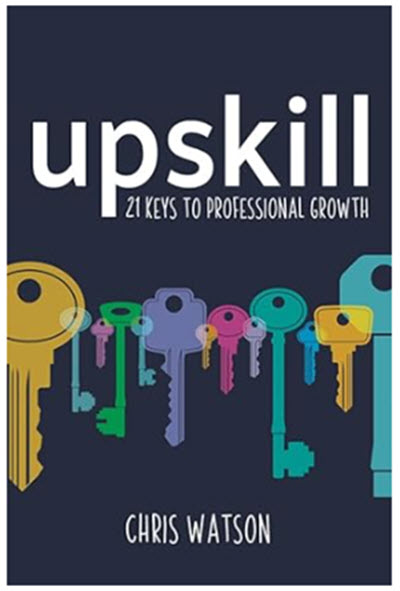
Brimming with punchy, practical ideas to improve your day-to-day effectiveness, Chris Watson’s Upskill: 21 keys to professional growth is the definitive guide to developing the adaptive skills essential for success at work.
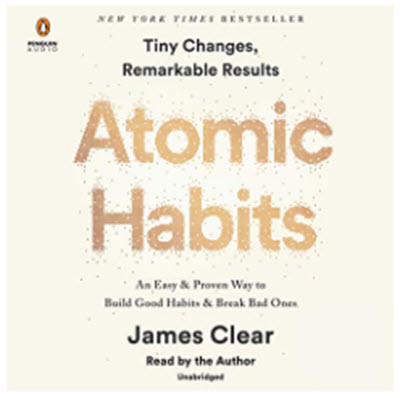
No matter your goals, Atomic Habits offers a proven framework for improving – every day. James Clear, one of the world’s leading experts on habit formation, reveals practical strategies that will teach you exactly how to form good habits, break bad ones, and master the tiny behaviors that lead to remarkable results.
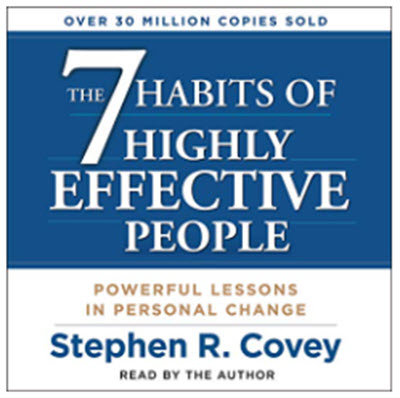
One of the most inspiring and impactful books ever written, The 7 Habits of Highly Effective People has captivated listeners for nearly three decades.
It has transformed the lives of presidents and CEOs, educators, and parents.
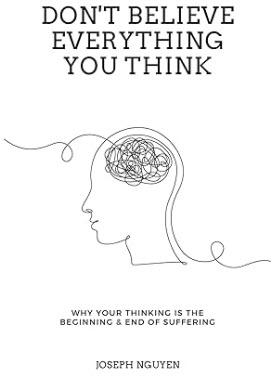
Learn how to overcome anxiety, self-doubt & self-sabotage without needing to rely on motivation or willpower.
In this book, you’ll discover the root cause of all psychological and emotional suffering and how to achieve freedom of mind to effortlessly create the life you’ve always wanted to live.
Disclaimer: In the name of full transparency, please be aware that blog posts and pages on this website contain affiliate links, and any purchases made through such links will result in a small commission for me (at no extra cost to you).
Feel Free to Share

